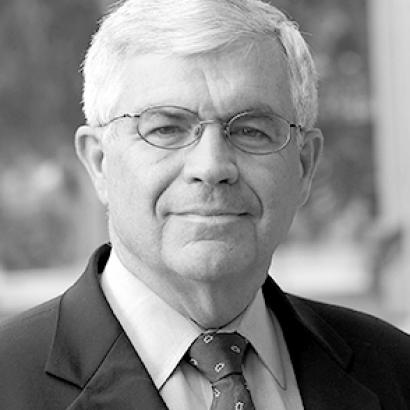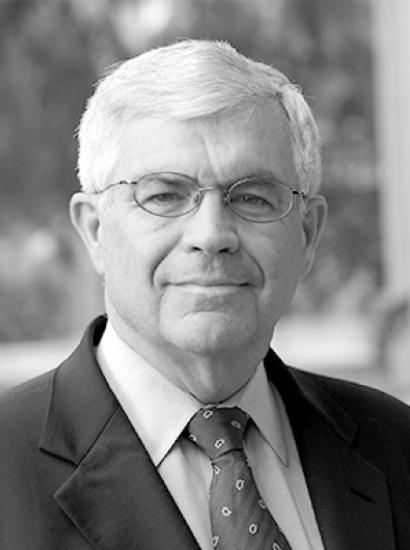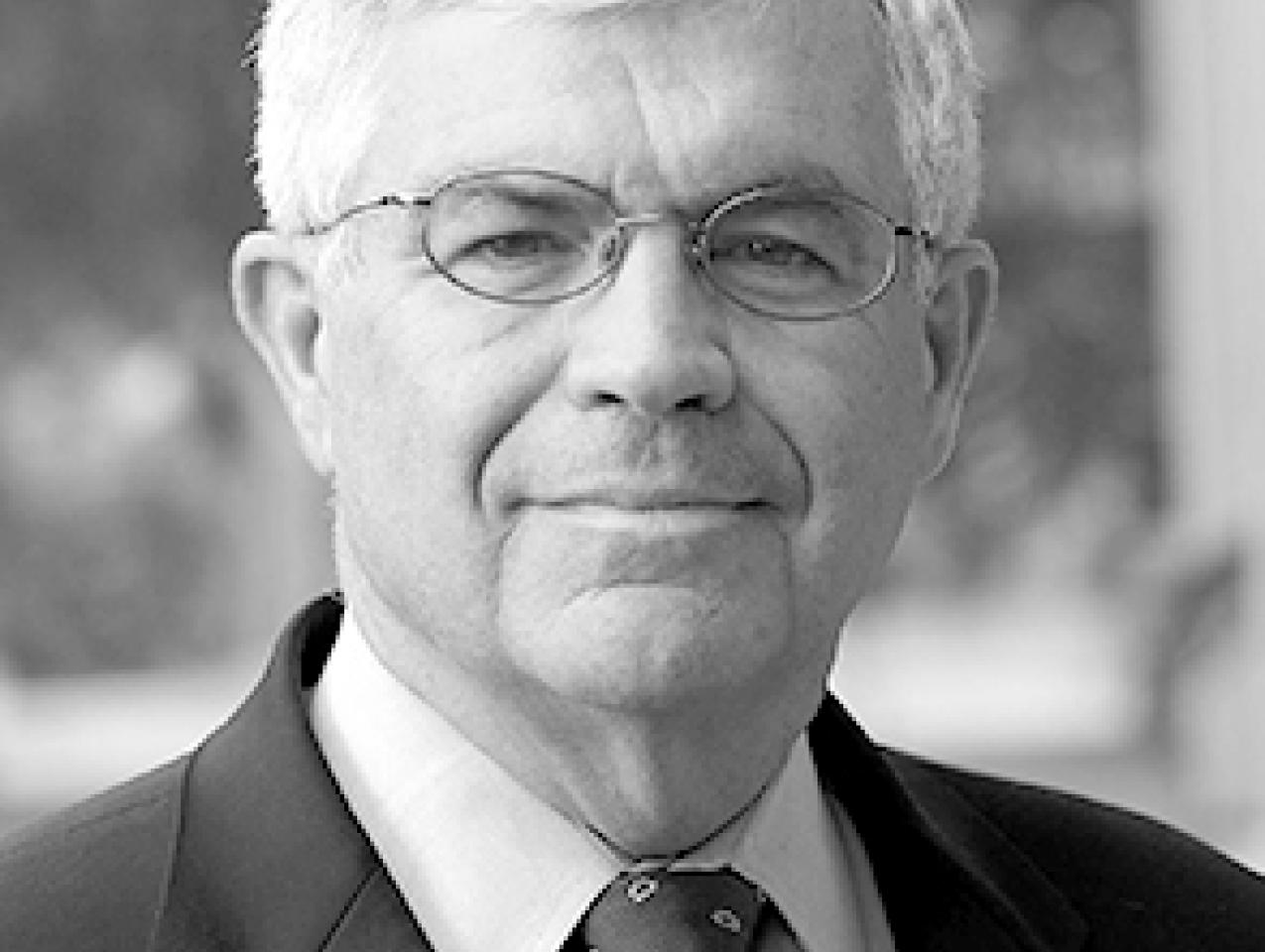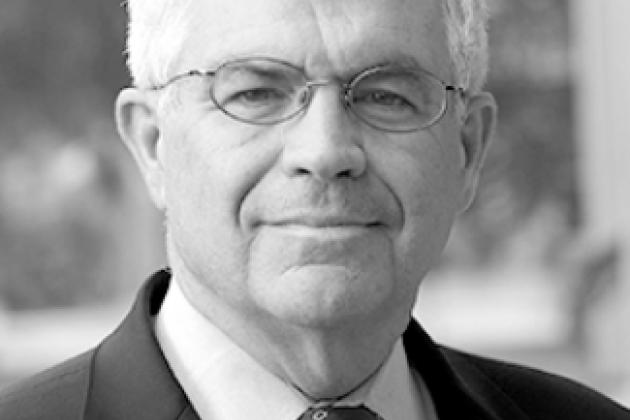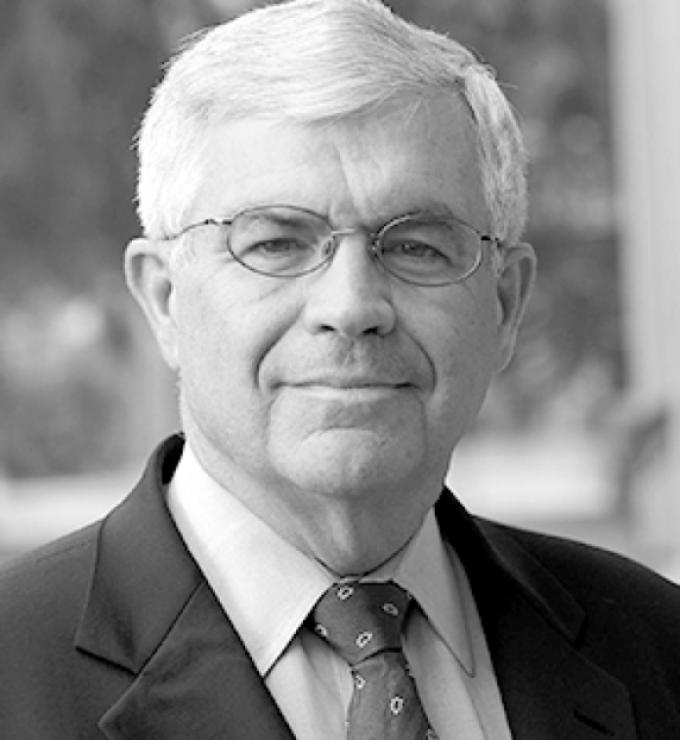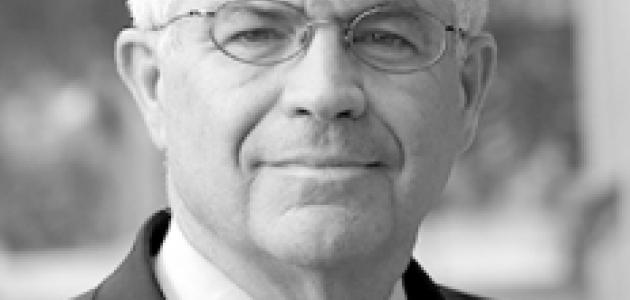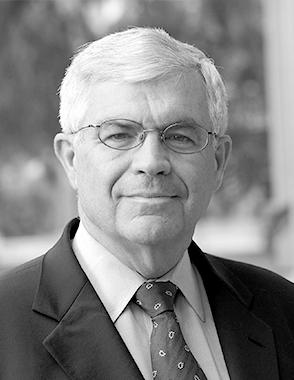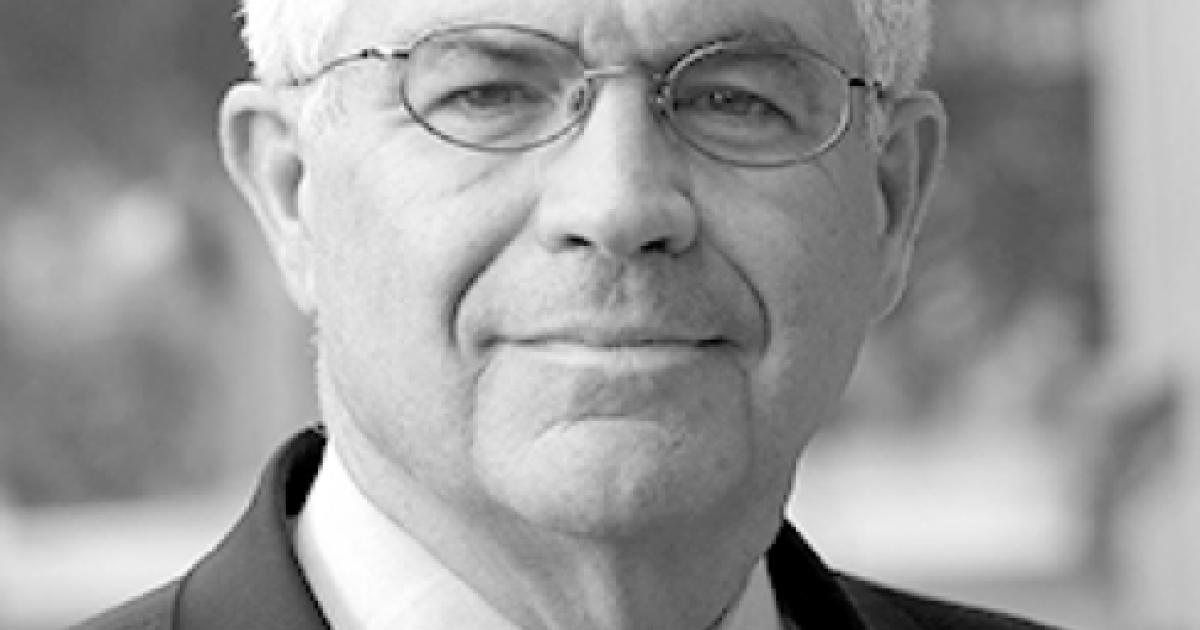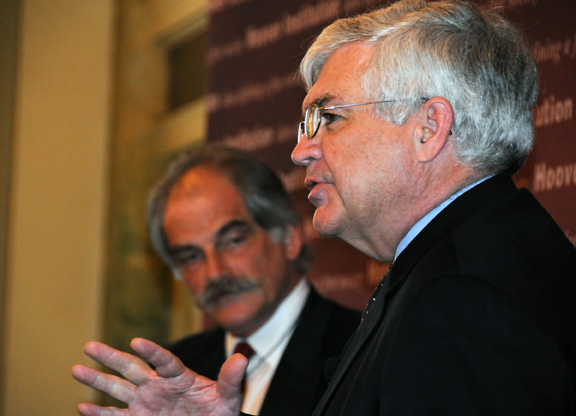
The presidential election, state department outlook, and global upheaval were discussed at Board of Overseers meeting.
To view the slide show go to: Board of Overseers Meeting in Washington D.C.
The shifting sands of the presidential candidacy season were the target of former White House press secretary Tony Snow, who spoke at the Hoover Institution Board of Overseers meeting on Monday, February 25.
Offering pointed criticism for both Republicans and Democrats, Snow criticized the emphasis on personality and stale ideas from the New Deal among Democrats. He critiqued Republicans for not seizing opportunities and coming out strongly as the party for freedom.
“The parties are out of sync right now,” Snow said. “John McCain doesn't want to cut spending but will do it. He has fence-mending to do. The Democrats are focused on being anti–George Bush and more likeable."
Snow also criticized the media, saying that “the press is in a mess right now, referring not only to declining newspaper readerships of newspapers and television viewers but their perspective on political coverage. He said there is an inordinate interest in trivia, conflict, and polling, which is only conflict in disguise.
Kori Schake, deputy director of the policy planning staff at the U.S. Department of State and a Hoover research fellow, discussed current issues facing the state department. Topics included Pakistan's future after this week's elections and Iran's need to discuss with its citizens its nuclear weapons plans, she said.
Shelby Steele, the Robert J. and Marion E. Oster Senior Fellow, addressed his book A Bound Man: Why We Are Excited about Barack Obama and Why He Can't Win. Steele said he continues to be alarmed over Obama's bargaining to defuse white American anxiety and be accepted by the public. He said he believes Obama is deliberately not clear about his plans and ideas. "People may disagree with John McCain," he said of the apparent Republican candidate in November. "But the Republicans can have a solid debate about his ideas, not his personality."
John B. Taylor, the Bowen H. and Janice Arthur McCoy Senior Fellow at Hoover, discussed instabilities in the global economy with John Lipsky, the first deputy managing director at the International Monetary Fund. Taylor is the former U.S. Treasury undersecretary for international affairs. Both Taylor and Lipsky called the current global financial upheaval "an inevitable period of rebalancing" and predicted a rebound in the economy in 2009. John Taylor called the condition of the U.S. and global economy from 1980 to the recent past "remarkable," noting that the United States has suffered only two mild and shallow recessions in the last 20 years.
Stability in the Middle East and the role of Iraq was the topic addressed by Victor Davis Hanson, the Martin and Illie Anderson Senior Fellow, and Kenneth Jowitt, the Pres and Maurine Hotchkis Senior Fellow, in a late afternoon presentation.
Charles Krauthammer, Pulitzer Prize–winning syndicated columnist, in discussing the presidential election, noted that “my job is to be the anthropologist who studies the selection of our leaders.” He identified the major issues under voter scrutiny o as the economy, Iraq, the weariness of many with the Republican administration, and the difference in age between John McCain and Barack Obama, whom he believes will be the Democratic Party's nominee. Krauthammer said, “I hope that McCain will find the strength and eloquence to win the election against the formidable opponent found in Obama.”
The Honorable Sarah Palin, governor of Alaska, addressed the benefits of an Alaskan natural gas pipeline to offer clean, safe energy to the whole United States. “What we do in Alaska can help stabilize energy markets and provide safe energy,” she said. Palin noted that natural resources in Alaska are held by the residents of that state and entrusted to the state for appropriate management. Therefore, it is critical that parties involved in extracting and using those resources practice transparency, safety, and consideration of other resources.
Edward Lazear, chairman of the Council of Economic Advisers and the Morris Arnold Cox Senior Fellow (on leave), presented a general picture of the U.S. economy and the economic stimulus package, which was recently approved by President George W. Bush. Although admitting that economists are not good at forecasting economic growth and change, he maintained that the stimulus package is necessary in order to develop long-term economic policy.
Mark Steyn, award-winning author, critic, and syndicated columnist, discussed the expansion of Islam and Islam extremism, during his talk at dinner on Monday night. He warned of deference to an Islam that is extreme and deplored what he called “the criminalization of vigilance” against it.
Lieutenant General Douglas E. Lute, assistant to the president and deputy national security adviser for Iraq and Afghanistan, in his presentation described the solid progress he has seen in Iraq. “Iraq has begun to operate as a national, federalist government,” he said. In the past year, legislation in Iraq has been debated, vetoed, amended, and passed to distribute oil revenues and set up[?] provincial powers, which have bolstered many of the steps forward. Grassroots groups have shifted their allegiance in outlying provinces from Al Qaeda to the United States and its allies, profoundly changing the political landscape there and in Baghdad, he said.
The sagging housing market and drops in worldwide capital markets were the subject of comments by Henry M. Paulson Jr., U.S. secretary of the Treasury. “There's no doubt the economy slowed down at the end of the year [2007],” Paulson said. “I believe we're going to grow this year, but it will be at a smaller, slower rate than we've had.” Paulson also touched on the president's fiscal stimulus package, designed to kick-start the economy, and remarked on what he finds to be a strong protectionist sentiment among members of the public and some politicians.








